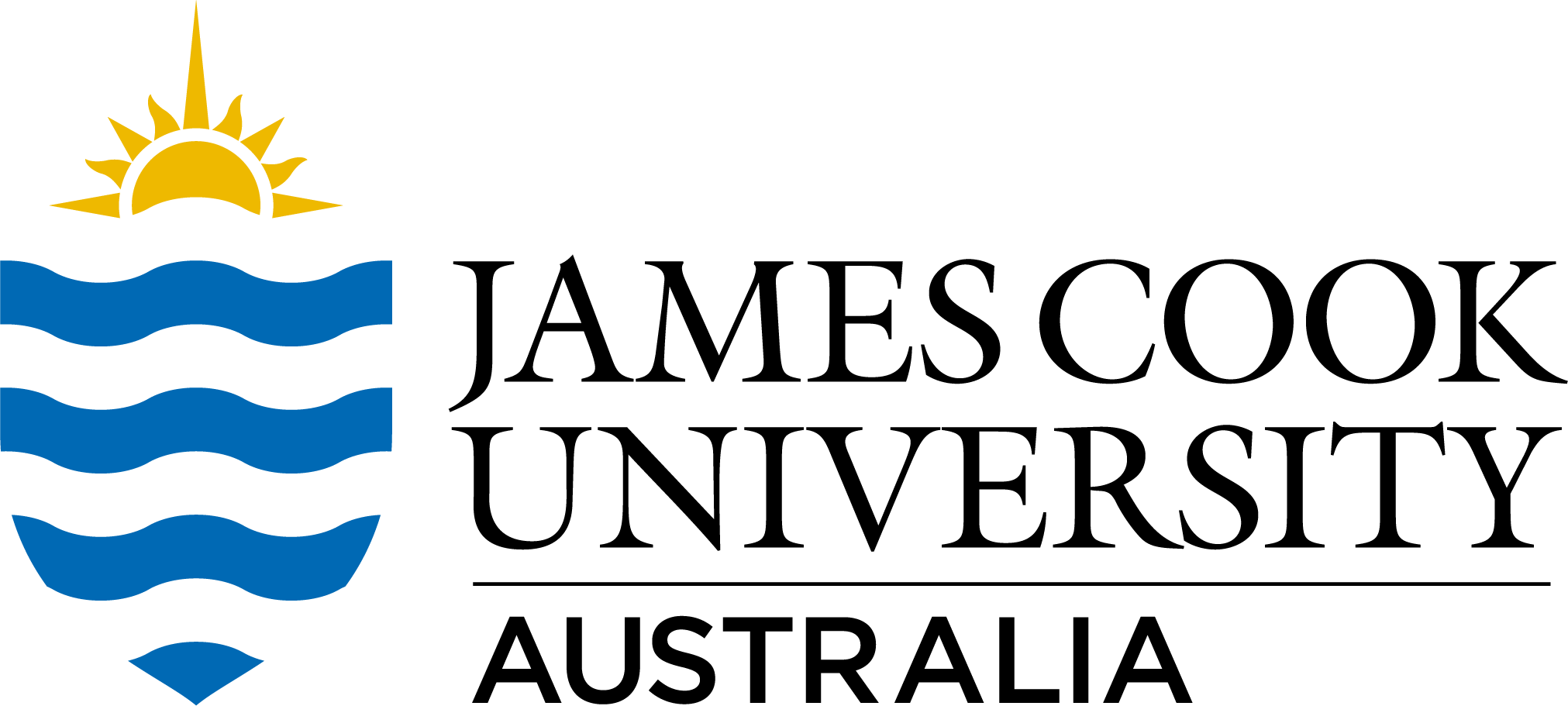Full description
This data set contains trial/experimental measurements and water chemistry data. Units are:
- Length - mm
- Weight - g
- Parent treatment and CO₂ treatment - pCO₂
Abstract [Related Publication]: The appropriate behavioural response to predation risk is critical to survival; however, behavioural responses can be subjected to trade-offs. For example, individuals may engage in riskier foraging behaviour to secure sufficient energy if resources are limited. Additionally, elevated CO₂ can influence foraging and antipredator behaviour of marine organisms. Yet, how the availability of energetic resources may influence antipredator behaviour in an elevated CO₂ environment is unknown. We tested the effects of food ration (low and high: 4% and 8%of body weight per day, respectively) on antipredator behaviour at ambient (489 μatm) and elevated (1022 μatm) CO₂ in juvenile Amphiprion percula at 50 d post-hatching. Juveniles were from parents held at either ambient or elevated CO₂, as parental exposure can influence phenotypic response in offspring. Antipredator behaviour was severely impaired by elevated CO₂, with juveniles reared at elevated CO₂ exhibiting no change in feeding rate in the presence of the predator cue compared with a >67% reduction in feeding rate in ambient CO₂ fish. By contrast, food ration had a minor effect on the change in feeding rate in response to the predator cue, with only a 2.3% difference between high and low food ration fish. The effect of elevated CO₂ on antipredator behaviour of juveniles was not influenced by food ration. Parental exposure to elevated CO₂ influenced the baseline feeding rate and exhibited a small carry-over effect in elevatedCO₂ juveniles. These results suggest that reef fish could exhibit riskier behaviour at elevated CO₂ levels, regardless of the energetic resources available.
The full methodology is available in the publication shown in the Related Publications link below.
Notes
This dataset is available as a spreadsheet in MS Excel (.xlsx) and Open Document formats (.ods)
Created: 2017-04-13
Data time period: 10 2015 to 10 2016
User Contributed Tags
Login to tag this record with meaningful keywords to make it easier to discover
- DOI : 10.4225/28/58F41E19051C9

- Local : researchdata.jcu.edu.au//published/c4b1c10384a607eea0c4ce008d437945
- Local : 0864cc8dcc6383b09590d4733b74c716


